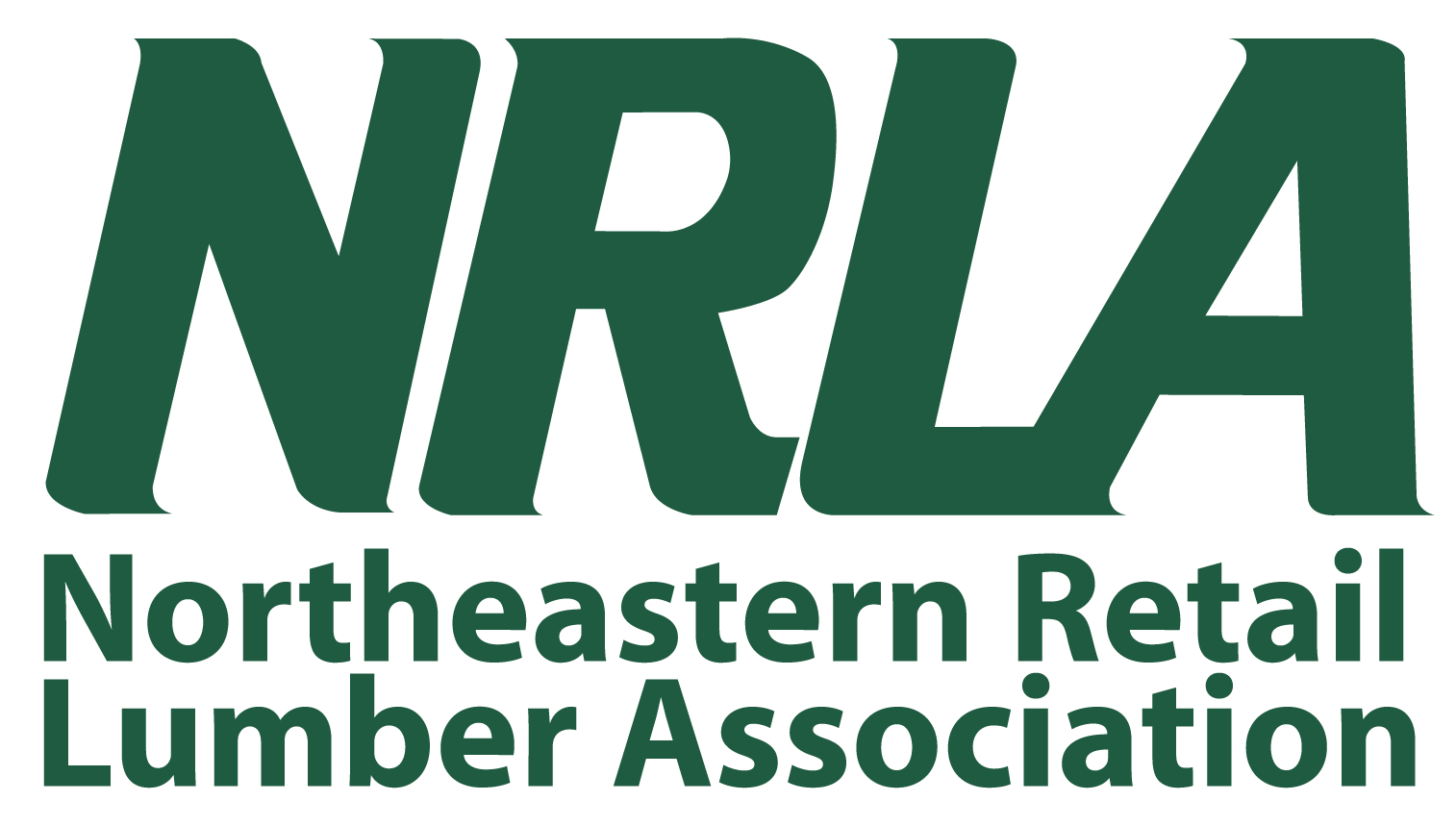All committees of the General Assembly have reached their deadlines and acted on bills that originated in committee. At this point of the legislative session, most committees are considering referred bills. This week, the Government Administration and Elections Committee received testimony on local land conveyance bills and the Appropriations Committee will hold a public hearing on proposed agreements between the state and its employee union (SEBAC) and between UConn’s board of trustees and an employee union.
The Appropriations Committee, for the first time in memory, did not act on the Governor’s proposed budget adjustments nor did it recommend any changes to the budget. Thus, any bill with a fiscal note is in jeopardy. The committee has approved legislation and policy that has spending associated with it. The Finance Committee has approved the Governor’s bond authorization bill and school construction priority list, including grant commitments. Dozens of bills, including one authorizing employee health benefit consortiums supported by LDAC, died in the Insurance Committee when it failed to approve any legislation.
The state Senate is meeting today to consider miscellaneous bills related to banking, veterans, and state contracting, among others, and approve several executive and legislative nominations. The House is not expected to convene again until Wed., April 17. The legislature adjourns May 8.
This is a report concerning legislation and public policy the Lumber Dealers Association of Connecticut is participating in or monitoring during the 2024 legislative session and is an update to last month’s report. Please note: with less than four weeks remaining in the session, the text and status of legislation can change rapidly with little notice.
Vehicle emissions standards
The legislature is considering the policy related to the Department of Energy and Environmental Protection’s Proposed Emissions Standards for Cars and Trucks. The regulations, which were announced in July to target cleaner vehicle emissions and require manufacturers to deliver 100% electric vehicles by 2035, were withdrawn by the Governor in November. The regulations were opposed by a number of residents and organizations, including LDAC, which is a member of a coalition of organizations opposed to the regulations.
The Transportation Committee approved House Bill 5485, which establishes a 40-member Electric Vehicle Infrastructure Coordinating Council, which includes stakeholders representing municipalities, electric utilities, and manufacturers of electric vehicles and charging infrastructure. The council’s role is to give direction on, review, and recommend changes to the state’s zero-emission vehicle roadmap and hold public hearings on its draft. The bill requires the commissioners of DEEP and Transportation and chairman of PURA to develop the plan and, by November 15, 2024, submit it to the council for review.
LDAC raised a number of comments and concerns in testimony to the Transportation Committee including having a lumber and building material dealer appointed to the council and an assessment of the types and number of businesses potentially affected on an industry-by-industry basis, including the lumber and building materials sector. LDAC is working closely with a coalition including the Motor Transport Association of Connecticut and Connecticut Energy Marketers Association in opposition to the bill.
House Bill 5485 has been approved by the Transportation Committee and is on the House calendar.
Association Health Plans
Employee health benefit consortiums or multiple employer welfare arrangements, also known as association health plans, would have been authorized by House Bill 5247 filed in the Insurance Committee. LDAC supported the bill in testimony to the committee, saying that it would alleviate financial strain and make it more affordable for small businesses, and provide greater affordability, access, and choices for employees.
However, the deadline for the committee to advance bills passed last month with members taking no votes on any legislation before it, an unprecedented move that drew concern and criticism from committee members and legislative leaders. Committee leaders weren’t able to agree on what bills should move forward; some members attributed the conflict over certain policies, including allowing businesses with 50 or fewer employees to pool their resources and offer affordable healthcare options. There may be an attempt to resurrect on the floor HB 5247 and other measures that died in committee but that will be a significant challenge.
The bill is widely supported by a number of organizations representing small businesses, CBIA, restaurants, and chambers of commerce. A bipartisan group of lawmakers, including the House chairman of the committee, is advocating vigorously for passage. Opponents argue that using an employer’s risk profile to determine rates will help employers with a younger, healthier workforce, and potentially harm employers with an older workforce or one that includes people with disabilities and chronic illnesses. They also claim it could destabilize the small and individual health insurance market in Connecticut by bringing insureds currently in those markets into these plans, which will raise premiums for those who remain in or want access to individual and small-market health insurance.
We will continue to advocate LDAC’s support for the measure before lawmakers.
Affordable Housing
Affordable housing is a significant public policy issue this session and a high priority for the Governor and legislative leaders.
Senate leadership has sponsored Senate Bill 6, An Act Concerning Housing, which would, among other things:
- Establish the Housing Growth Fund administered by the Department of Economic and Community Development and require the agency to use the fund to give annual grants to eligible municipalities based on a scoring system for certain types of housing units municipalities approved during the previous fiscal year.
- Require the Department of Housing, by Jan. 1, 2025, to establish a tax credit program for owners that convert commercial buildings into residential developments.
- Decrease, to 3%, the sales and use tax rate for tangible personal property purchased for constructing certain new residential development projects.
LDAC, in testimony to the Housing Committee, expressed concerns regarding the potential burden placed on small businesses tasked with administering a reduction in the tax rate. LDAC has proposed a tax credit as an alternative, which would facilitate a smoother implementation and ensure that the intended benefits reach the targeted stakeholders efficiently.
The bill has been approved by the Housing Committee and is on the Senate calendar.
Predictable Scheduling
The Labor Committee has approved Senate Bill 413, which requires employers with at least 500 employees in specified sectors including retail to pay employees when the employer, without meeting certain notice requirements, cancels or reduces scheduled hours or adds work hours or changes the date, time or location of a work shift without reducing hours. The bill applies to hourly employees who are not exempt from minimum wage or overtime rules. It allows exceptions under certain circumstances, such as when an employee makes a written request for leave or employees mutually agree to swap shifts.
Under the bill, covered employers must try to schedule existing employees for their desired number of weekly hours before hiring a new employee and pay an existing employee for the hours a newly hired employee works during the existing employee’s written availability. Additionally, it requires an employer and new employee to take certain steps to establish a work schedule, including the employer obtaining the employee’s requested schedule and providing an initial schedule estimate.
Penalties for violations include compensation to employees; complaints to the Labor Commissioner, civil actions, damages, penalties and equitable relief; and civil actions by whistleblowers on behalf of the state with significant rewards.
LDAC opposes the bill and submitted testimony to the committee for the public hearing, arguing that it would impose a significant burden on small businesses and adversely affect job growth in the state. The nature of the building materials industry requires changes be made to schedules unexpectedly and on short notice. Building material dealers strive to publish employee work schedules with as much advance notice as possible, but the nature of the industry and construction means that unexpected events arise and the specific needs of owners often do not allow for schedules to be predictable.
The bill is on the House calendar. The policy has been around for several years and it has become very partisan; it’s hard to determine whether it will pass, but LDAC will have to remain vigilant and participate in a coalition of organizations opposed to the bill as it advances in the process.
Noncompete Agreements
House Bill 5269 would invalidate all noncompete agreements for non-exempt (hourly) employees, exempt (salaried) employees earning less than three times the minimum wage (currently, $97,905 per year), and even certain independent contractors on July 1, 2024. The bill, which is supported by the Governor’s office, labor organizations, and trial lawyers, was opposed by CBIA, which said noncompete agreements are “already highly restricted by the courts to protect employees and are critical to preventing economic harm caused by the loss of a business’s most important assets.” The bill was approved by the Labor Committee and referred to the Judiciary Committee, which has not acted on the bill.
Anti-business policies
LDAC is monitoring several bills and policies that would harm small businesses and lumber and building materials dealers.
Unemployment for Striking Workers
Striking employees would be allowed, under House Bill 5164, to collect unemployment benefits after a period of two consecutive weeks of striking for labor disputes that start on or after Dec. 14, 2025. The bill could adversely affect the solvency of the state’s Unemployment Trust Fund, lead to delays in construction projects, and raise costs for municipalities and the state. The Labor Committee has approved the bill, which is on the House calendar. A similar bill passed in the Senate two years ago. The Governor has indicated he doesn’t support the bill.
Paid Sick Leave
Senate Bill 7, Senate Bill 12, and House Bill 5005, proposed by Senate leadership on behalf of the Governor and proposed by House leadership, respectively, would expand paid sick leave to all businesses in the state. Senate Bill 7 expands the state’s paid sick leave law by covering almost all private sector employers and employees, except certain union construction workers and their employers; broadening the range of family members for whom an employee may use the leave; and increasing the rate at which employees accrue leave and changing the waiting period before they may use it. SB 12, which is mostly similar to SB 7, generally exempts family childcare providers and personal care attendants who collectively bargain with the state. HB 5005 phases in the expansion to smaller employers over two additional years and requires employers to give employees 40 hours of sick leave annually, rather than having them accrue the time over the course of their work hours. Some labor organizations support the bills; many organizations representing businesses are opposed. Each bill has been approved by the Labor Committee and is on the calendar.


